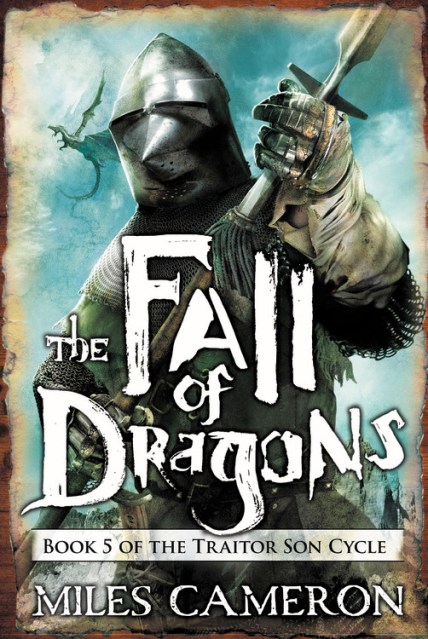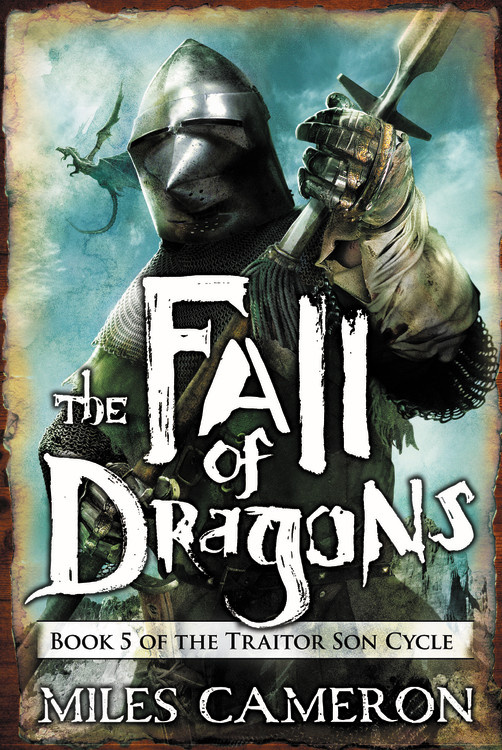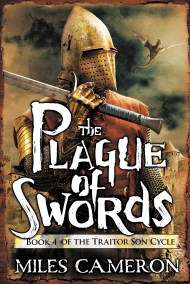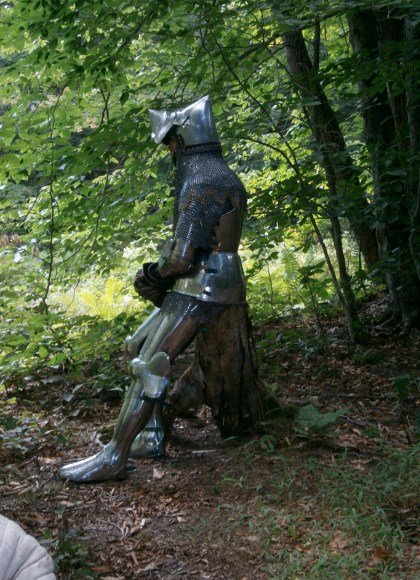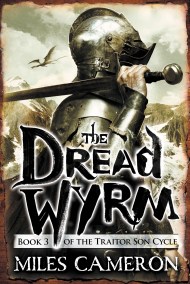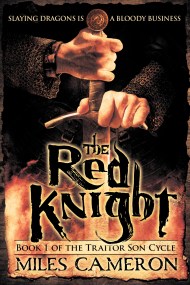By clicking “Accept,” you agree to the use of cookies and similar technologies on your device as set forth in our Cookie Policy and our Privacy Policy. Please note that certain cookies are essential for this website to function properly and do not require user consent to be deployed.
The Fall of Dragons
Contributors
Formats and Prices
- On Sale
- Oct 31, 2017
- Page Count
- 688 pages
- Publisher
- Orbit
- ISBN-13
- 9780316302449
Price
$29.99Price
$38.99 CADFormat
Format:
- Trade Paperback $29.99 $38.99 CAD
- ebook $9.99 $12.99 CAD
- Audiobook Download (Unabridged)
This item is a preorder. Your payment method will be charged immediately, and the product is expected to ship on or around October 31, 2017. This date is subject to change due to shipping delays beyond our control.
Buy from Other Retailers:
In the climax of the Traitor Son Cycle, the allied armies of the Wild and the Kingdoms of men and women must face Ash for control of the gates to the hermetical universe, and for control of their own destinies. But exhaustion, treachery and time may all prove deadlier enemies.
In Alba, Queen Desiderata struggles to rebuild her kingdom wrecked by a year of civil war, even as the Autumn battles are fought in the west. In the Terra Antica, The Red Knight attempts to force his unwilling allies to finish the Necromancer instead of each other.
But as the last battle nears, The Red Knight makes a horrifying discovery. . .all of this fighting may have happened before.
Genre:
Series:
-
"I cannot recommend the Traitor Son Cycle enough... amazing."SF Signal on The Fell Sword
-
"The Red Knight is an excellent debut... [It] will only get better as the series progresses... You will be won by the intricate story and sophisticated world building."Fantasy Book Critic on The Red Knight
-
"Promising historical fantasy debut featuring an expansive cast, an engaging plot, and a detailed eye for combat."The Ranting Dragon on The Red Knight
-
"Literate, intelligent, and well-thoughtout...a pleasingly complex and greatly satisfying novel."SFF World on The Red Knight
-
"A rousing read."SF Signal on The Red Knight
Newsletter Signup
By clicking ‘Sign Up,’ I acknowledge that I have read and agree to Hachette Book Group’s Privacy Policy and Terms of Use
